Adolescent vs. Adult Mental Health Care – Two very different worlds.
When we started The Wattle Tree Clinic, people wondered why we restricted ourselves to young people only. What’s the point of only seeing teenagers and people in their twenties? Why not see kids too? If you see a 12yr old, couldn’t you see an 8yr old too? What’s so different between a 27yr old vs. 32yr old?
The answer to these questions is yes, we could see everyone. Technically, we could. But the assumption that mental health care can be delivered in the same manner across the age range, is the exact reason why we wanted to build The Wattle Tree Clinic into what it is today.
Let me explain.
IMO, the mental health industry (as a whole, not pointing any fingers here) often misses the mark when it comes to youth mental health care. In general, services try to fit adolescents into adult models of care. That this, services try to make developing adolescents brains (square peg) fit into the ways we might approach adult mental health care (round hole). And while this isn’t wrong, we think there’s a better way to do it.
For example, most adult models of psychotherapy assume a) complete personal agency, b) established self-awareness and c) internal motivation for change. But these three concepts don’t neatly translate to the teenage brain. From a neurodevelopmental perspective, these milestones aren’t normally mastered until late teens, early adulthood. Put simply, you cannot approach the work in the same way you would an adult, because an adolescent’s brain isn’t ready for that yet. And although there are exceptions, most teenagers don’t bring themselves to care.
Understanding this concept, is what we believe, is the key to providing good youth mental health care. Here at Wattle Tree, this drives everything we offer and essentially is the reason we exist. Treatment always starts from the young person’s neurodevelopmental stage (i.e., at 14yrs what should we be expecting from their brain) and unless it’s otherwise needed, the focus is on skill development (i.e., what tools do they or the family need to get through this period? How can we build on what they already know to achieve what they need to do next?).
You can see how this approach, naturally lends itself to good engagement. It’s less about what’s wrong, and more about what area needs growth. It inherently assumes that the best is still yet to come, but that sometimes, kids need a little help in the right direction.
Until next time,
Courtney

